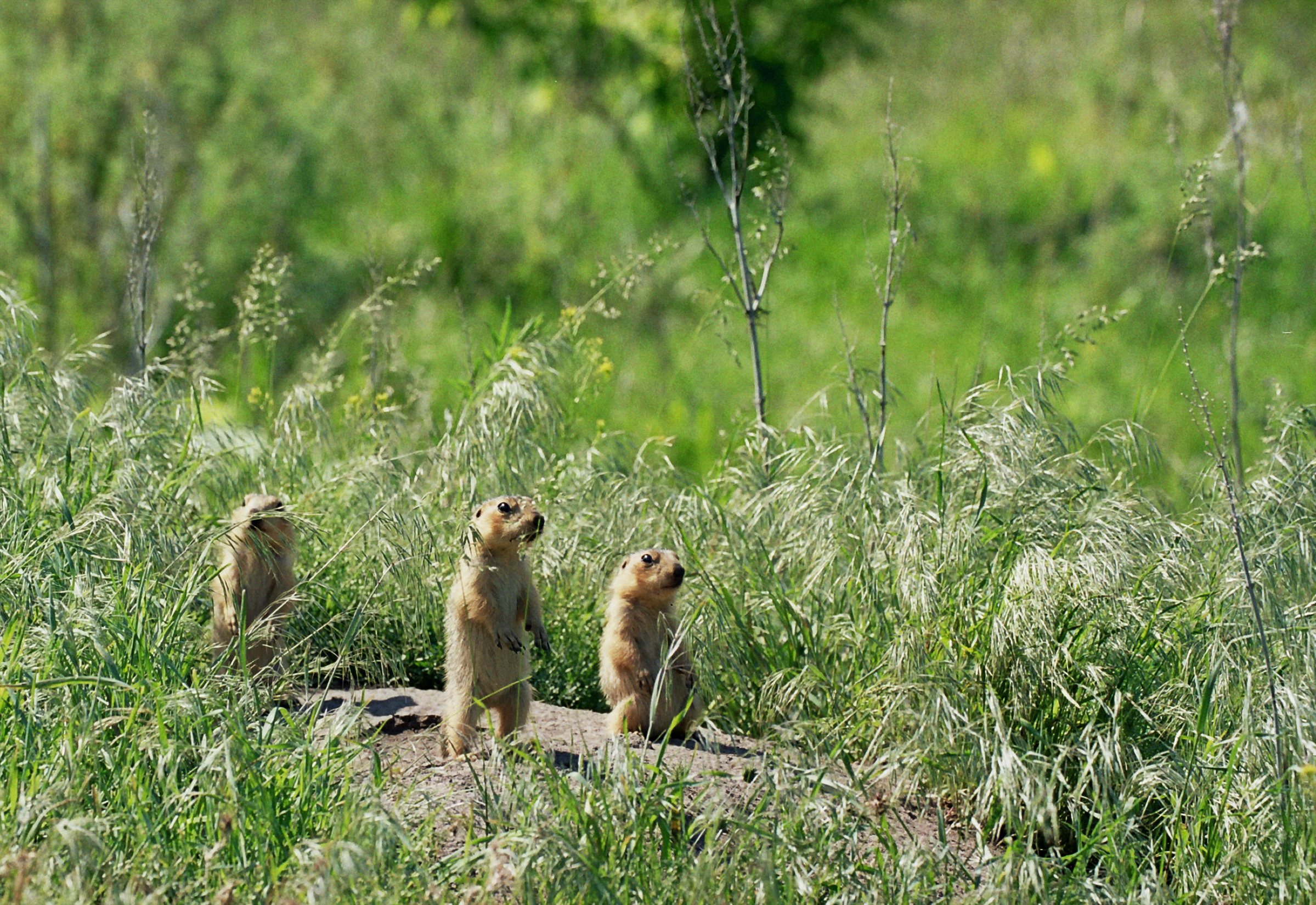
The theory says that inbreeding, despite its negative effects on offspring, should be more common in nature than is observed. In particular, closely related crosses are facilitated by a limited choice of partners and strict time constraints on the implementation of the life cycle: there is not enough time to choose a suitable, unrelated partner.
Scientists from IEE RAS and Penza State University investigated the system of marital relations and ways to avoid inbreeding in the natural population of the yellow ground squirrel, Spermophillus fulvus. In yellow ground squirrels, like other hibernating mammals, a short period of terrestrial activity sets a strict time frame for the implementation of the entire sequence of the annual cycle - they live under time pressure conditions. In particular, a female yellow gopher within 3-3.5 months of ground activity must have time to meet the father of future children, carry them out and feed them, and also gain fat mass before the next hibernation. If we add to this that they have estrus once a year, it lasts several hours, and females live for three years, it becomes clear that there is no time left to choose a suitable unrelated partner and a high frequency of inbred crosses can be expected.
Indeed, from the article by the authors of Female polyandry dilutes inbreeding in a solitary fast-living hibernator, recently published in the journal Behavioral Ecology and Sociobiology, it follows that female yellow gophers mate with all possible partners, regardless of the degree of relationship with them, including with relatives of the first order: fathers, brothers and sons. Excessive discrimination in choosing a partner threatens them with complete reproductive failure. A bird in the hand is worth two in the bush. However, even in this difficult situation, female yellow ground squirrels find a way to reduce the risks of negative consequences of inbreeding: they mate with many males, thereby “diluting” the possible negative effects of incest. As a result, the likelihood that all offspring will be equally poorly adapted is reduced.
Photo by: Nikita Vasiliev. The photo shows the cubs of a yellow ground squirrel.
